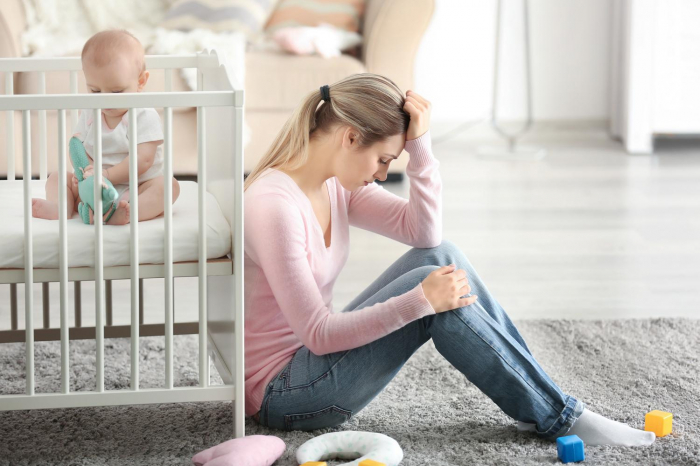Researchers of the new study, which was presented at the 2018 Anesthesiology meeting, differentiated postpartum pain from those of labor and delivery and identified it as a significant risk factor for postpartum depression.
In the study, which involved more than 4,300 first time mothers, Jie Zhou, from Brigham and Women’s Hospital, and colleagues, reviewed the pain scores of the women from the beginning of labor to their hospital discharge.
The researchers then compared the pain scores to the woman’s Edinburgh postnatal depression scale (EPDS) scores a week after delivery.
They found that postpartum depression was significantly linked to higher postpartum pain scores.
The participants with postpartum depression also had more pain-related complaints during the recovery, and often required additional pain medications.
The women who suffered from postpartum depression were likewise more likely to have given birth by C-section, and had more reports of inadequate postpartum pain control.
The researchers said that these suggest there is a need to focus more on helping new mothers manage pain after childbirth.
“While ibuprofen and similar pain medications are considered adequate for pain control after childbirth, clearly some women need additional help managing pain,” Zhou said in a press release published by Eurekalert.
“We need to do a better job identifying who is at risk for postpartum pain and ensure they have adequate postpartum care.”
According to the Mayo Clinic, mothers with postpartum depression may experience severe mood swings and depression, loss of appetite, difficulty bonding with the baby, excessive crying, difficulty or excessive sleeping, irritability, anger, and overwhelming fatigue.
Women who are overweight or obese, who had history of depression, anxiety, or chronic pain, had torn perineum, and whose babies were smaller and had lower Apgar scores were found to be at higher risk for postpartum depression.
Experts recommend those who experience postpartum depression to seek treatment.
“Without treatment, postpartum depression can last for months or years. In addition to affecting the mother’s health, it can interfere with her ability to connect with and care for her baby and may cause the baby to have problems with sleeping, eating, and behavior as he or she grows,” The National Institute of Mental Health Information Resource Center advised.
Figures from the U.S. Centers for Disease Control and Prevention show that about one in nine women experience postpartum depression.
Read the original article on inquisitr.com.
More about: Postpartum
















































